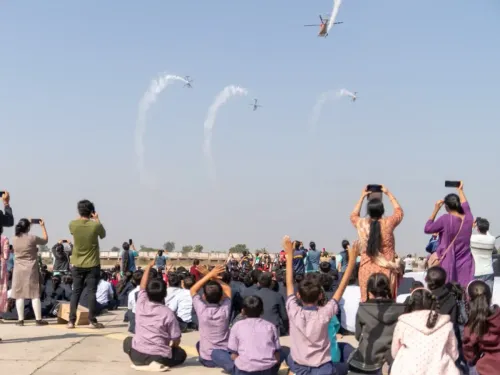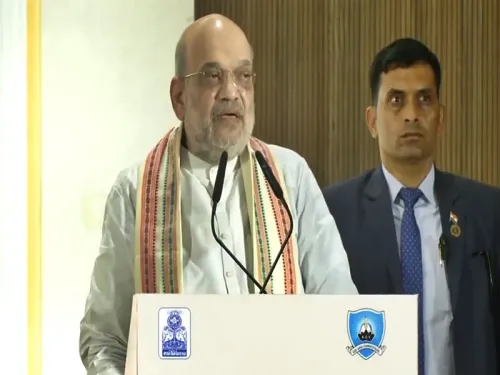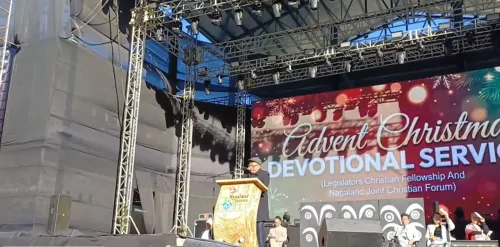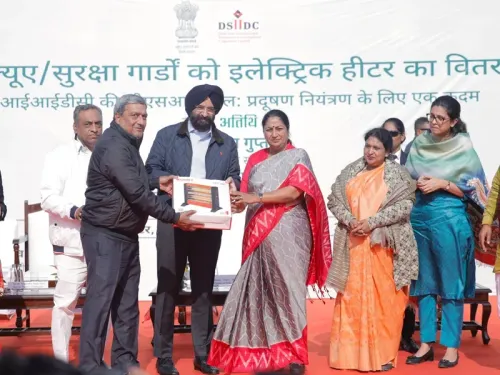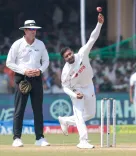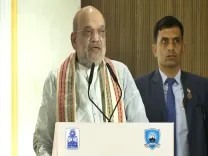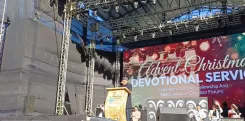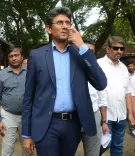Supreme Court to Review Owaisi's Request for Enforcement of Places of Worship Act
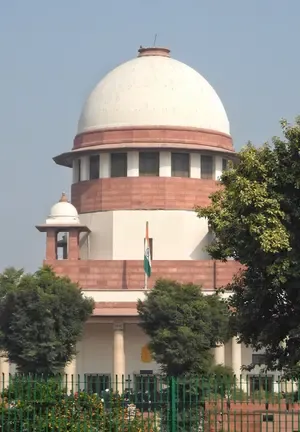
New Delhi, Jan 1 (NationPress) The Supreme Court is poised to review on Thursday a petition submitted by AIMIM President Asaduddin Owaisi requesting the enforcement of the Places of Worship Act, which forbids the initiation of lawsuits aimed at reclaiming a place of worship or seeking alterations in its character as it stood on August 15, 1947.
According to the causelist published on the apex court's website, a Bench led by Chief Justice of India Sanjiv Khanna along with Justice Sanjay Kumar will deliberate on the issue on January 2.
In an interim order issued on December 12, 2024, the Special Bench led by CJI Khanna enforced restrictions on the registration of new suits, final judgments, and survey orders in ongoing cases related to mosques and shrines.
The Special Bench, which also includes Justices Sanjay Kumar and K.V. Viswanathan, instructed the Union government to submit its response within four weeks regarding a series of petitions questioning the legitimacy of the Places of Worship Act, 1991.
Conversely, multiple intervention applications have been presented to the Supreme Court seeking the dismissal of petitions against the Places of Worship Act.
The Managing Committee of Varanasi's Gyanvapi Mosque stated that the implications of declaring the 1991 Act unconstitutional would be severe, potentially disrupting the rule of law and communal harmony.
It argued that an Article 32 petition challenging a legislative act must demonstrate the unconstitutionality of its provisions based on constitutional principles, and that mere rhetorical arguments seeking revenge against perceived historical injustices cannot serve as a basis for such a constitutional challenge.
It noted that 20 suits are currently pending in various Varanasi courts aiming to nullify the protections provided by the 1991 Act and to change the character of the Gyanvapi Mosque, thereby preventing Muslims from accessing it.
Similarly, the Management Committee of Mathura's Shahi Masjid Eidgah contended that the law was enacted by Parliament for the nation's advancement and has endured for over 33 years.
The All India Muslim Personal Law Board (AIMPLB) claimed that local courts were undermining the intent of the 1991 Act by considering petitions and issuing directives concerning mosques.
They stated, “The way local courts have deemed appeals acceptable and issued orders regarding mosques and dargahs has rendered this Act ineffective. The Supreme Court has now halted any effective or final decisions and prohibited survey orders until the next hearing,” the AIMPLB added.


